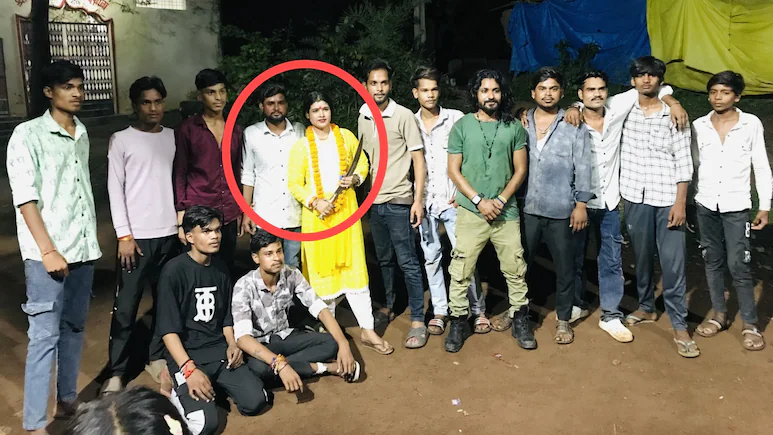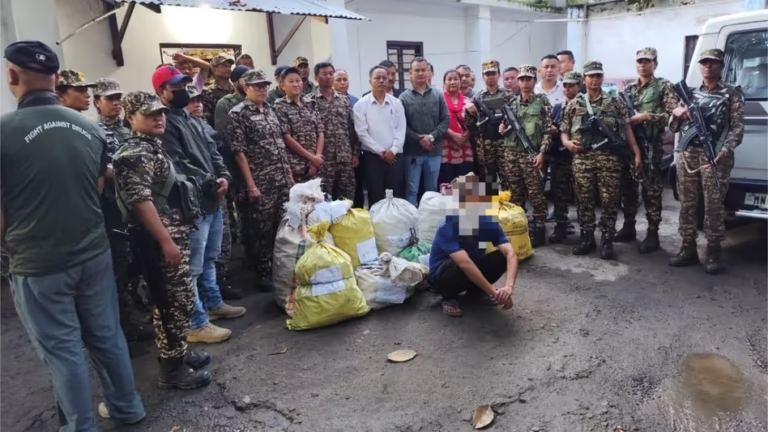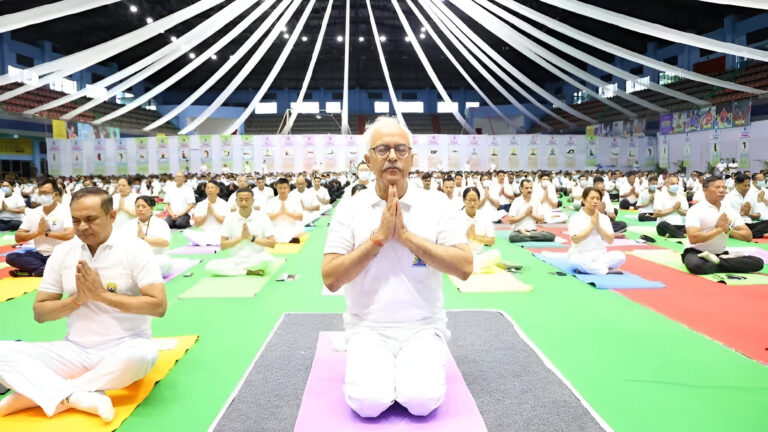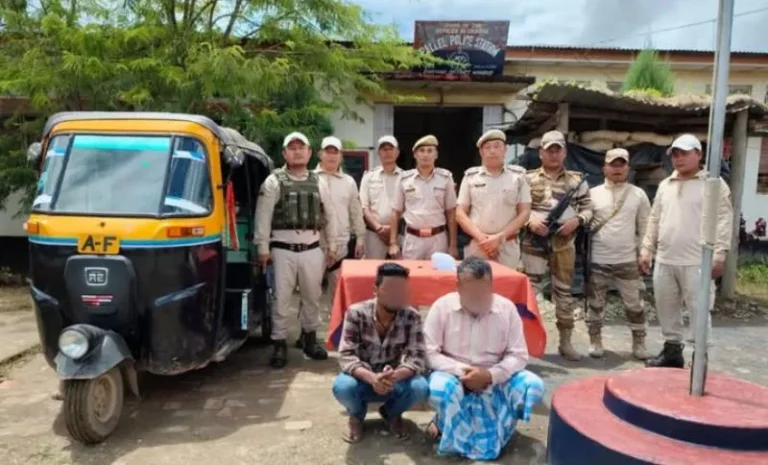Brother Kills Man for Harassing Sister — Used Her Birthday Cake Knife
A 21-year-old man, identified as Abhishek Tinga, allegedly stabbed and killed another man in Guna district, Madhya Pradesh, after the victim was accused of harassing Abhishek’s sister. Police say Abhishek used the same knife his sister had used to cut her birthday cake; the attack was reportedly planned with friends. Authorities are investigating the incident and the motive.
In Guna district, Madhya Pradesh, news outlets report that a 21-year-old named Abhishek Tinga allegedly killed a man — identified as Anil in coverage — after accusing him of harassing Abhishek’s sister. Police say the act was not purely spontaneous: there was planning with friends, and the knife used belonged to the family — it had just been used to cut the sister’s birthday cake. Those are the facts reported so far. These details are simple, shocking, and full of questions.
What the police report says
According to the NDTV report, the key details are:
- The incident happened in Guna district, Madhya Pradesh.
- The accused is 21-year-old Abhishek Tinga
- The victim was allegedly harassing Abhishek’s sister; this reportedly prompted the attack.
- The weapon used was the same knife the sister had used for her birthday cake.
- Police say Abhishek made a plan with friends to attack the victim.
Why this story hits different — honor, protection and the line to vigilantism
When we read “he killed a man for harassing his sister,” two instincts often kick in at once. One is empathy: the urge to protect family and loved ones is natural. The other is alarm: taking the law into one’s own hands rarely resolves anything cleanly.
Five
1. Is killing someone for harassing a family member ever legally justified?
No. While protecting a loved one is understandable, taking a life is criminal. Indian law provides mechanisms—FIRs, restraining orders, and police protection—to address harassment. Vigilante killing will generally be treated as a criminal act and prosecuted.
2. What should families do immediately if a sister is being harassed?
File a written complaint (FIR) with local police, preserve evidence (messages, calls), seek legal counsel, inform trusted community leaders, and consider protection measures (staying with relatives, changing schedules). Counseling and women’s NGOs can offer emotional and legal support.
3. Can friends who helped plan an attack be charged?
Yes. If evidence shows others planned, encouraged, or assisted the crime, they can face charges for abetment, conspiracy, or as accomplices—even if they didn’t deliver the fatal blow.
4. How can communities prevent such escalations?
By strengthening local trust in police response, creating mediation and rapid-response protocols for harassment complaints, promoting awareness about legal remedies, and offering counseling resources to calm conflicts before they become violent.
5. What role does social media play, and how should it be used responsibly?
Social media can document harassment and mobilize support, but it can also inflame and mislead. Use it to record evidence (screenshots with timestamps) and to raise awareness, but avoid public shaming or calls for revenge that can spur violence or prejudice legal processes.





